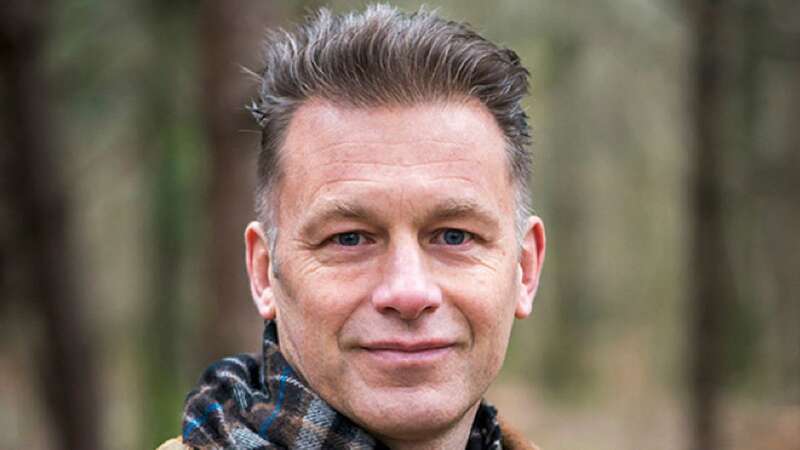
Chris Packham has said he "loathed himself" and thought he was "broken" as a teenager before being diagnosed with autism.
The Springwatch presenter, 62, was only diagnosed at the age of 44 after he dated a healthcare professional, and said he struggled in his teens to understand why he was different.
He told ITV's Good Morning Britain : "I grew up in the Sixties and Seventies when the condition wasn't widely known, certainly by my parents and teachers. So by the time I'd got to the beginning of my teens, and certainly into the early part of my 20s, my mental health issues were quite considerable."
"I loathed myself, I thought that I was broken. Clearly, I was in a lesser cohort than most other people, so I blamed myself for everything that was going wrong."
Speaking about the currently lengthy waiting times young people are facing to get an autism diagnosis, he said: "Young people can't be in that position, if they're going to work through education and find a fulfilling life, we need to put them on a firm foundation of confidence and support, and the diagnosis should be an access to that type of support. So it's not just about getting the diagnosis, it is about what follows from that."
 Good Morning Britain's Laura Tobin looks incredible in revealing dress
Good Morning Britain's Laura Tobin looks incredible in revealing dress
Packham said that even though he was an adult when he got diagnosed, with Asperger's syndrome, an autism spectrum disorder which can have an impact on social interaction, it still had a positive effect on his life.
He said: "I know a few people now that I knew when I was diagnosed, and they say that it's quite considerably changed me, I'm much more confident to talk about my needs, my incapacities, and the things that I can do better. I will put myself forward if there's something which I am enabled to do by the condition. And I will be far more frank and honest about the disabling aspects of it, from my point of view. So there are certain things where they will be so challenging that I would rather not confront them."
"And if that's in a professional context, I would say 'You know what, I'd rather not do that, because it won't be good for me, it won't be good for you, it won't be good for us'."
He continued: "This week is World Autism Acceptance Week, and what we're trying to do is say that we wanted to develop a society where all autistic people can prosper. And that will only come if society understands what autism is about. And that's why we have these sorts of conversations.
"I was given my diagnosis when I was 44 years old. So I was a functional adult by that stage, I'd come to terms with some of the conditions I'd learned to manage myself, I was working, not everything was bad."
"For young people at the most vulnerable and formative parts of their lives, the difference between a diagnosis age nine and a diagnosis at age 12, 13, 14 is significant, because in that interim period they will not be getting a fulfilled education, they will not be getting the social support that they need."
Packham has previously presented documentaries about autism, including Asperger's And Me, about his own experiences, and Inside Our Autistic Minds, in which he worked with autistic people at key points in their lives, observing and learning about the ways they sense and interact with the world.
Read more similar news:
Comments:
comments powered by Disqus





























